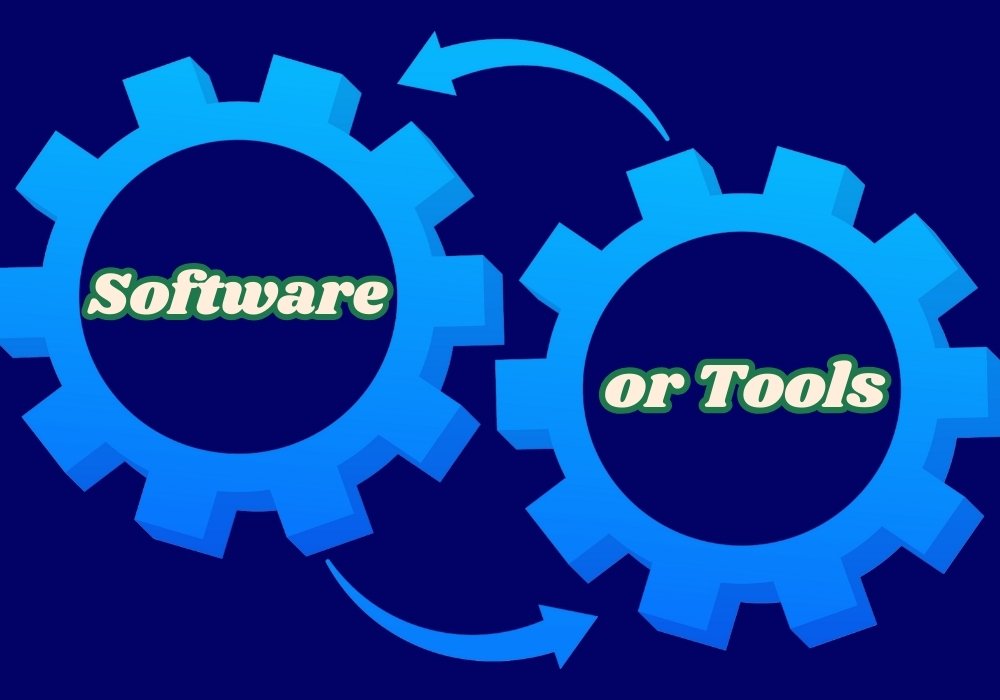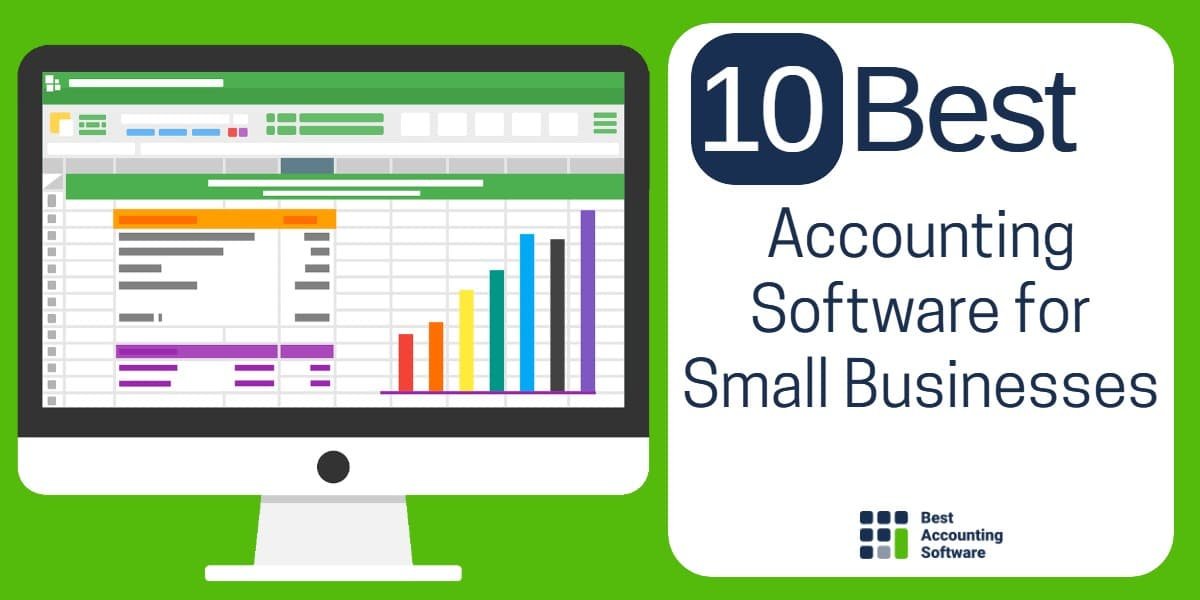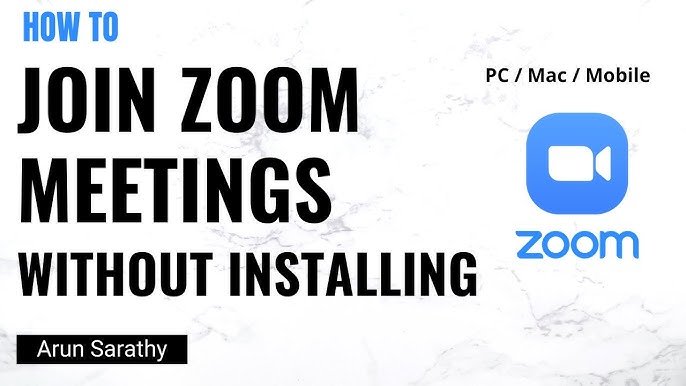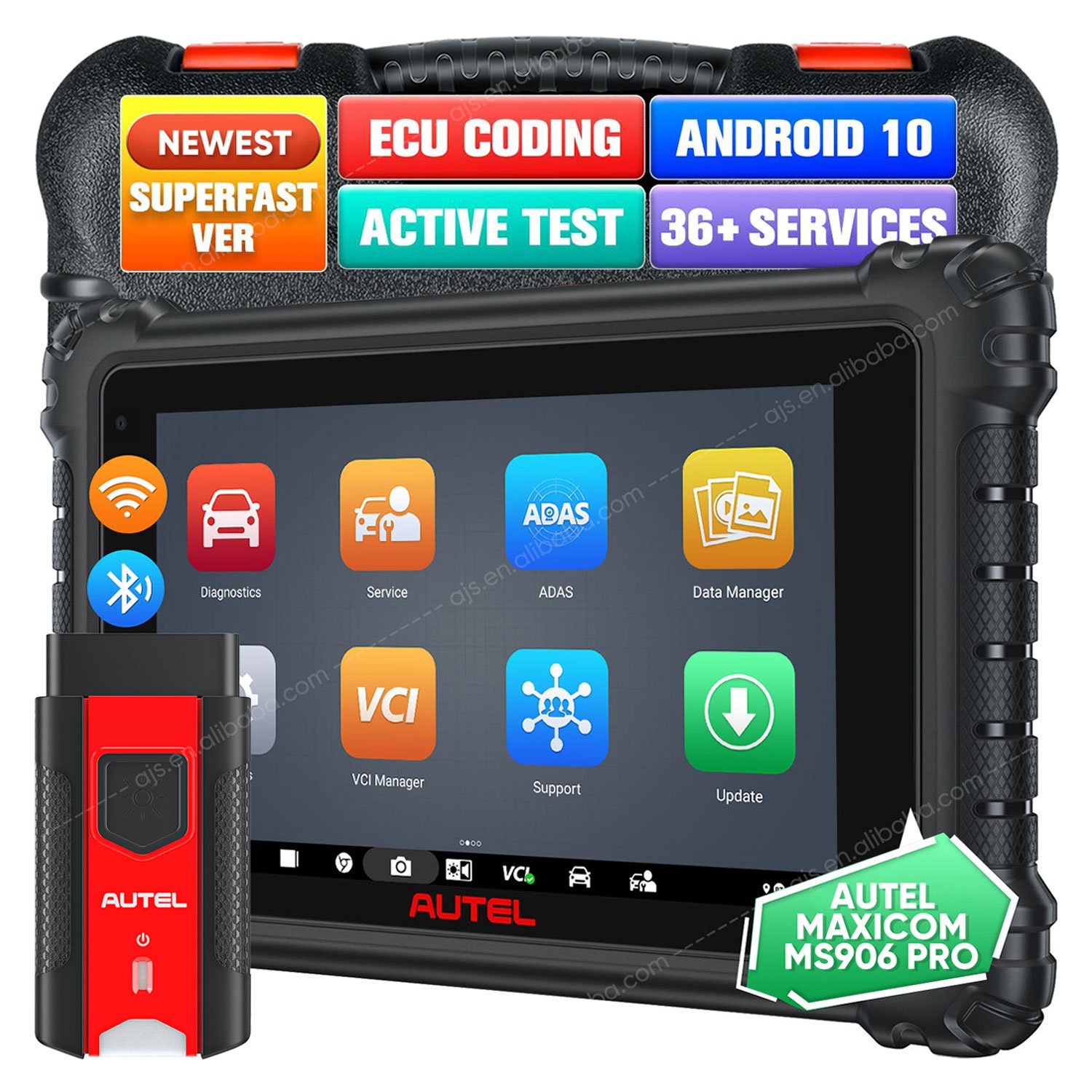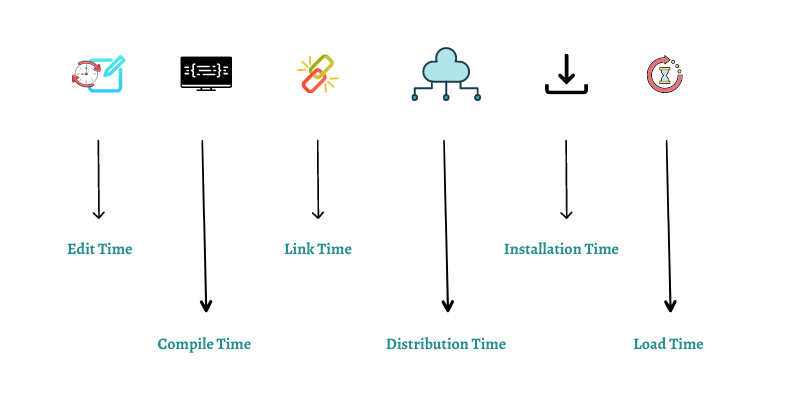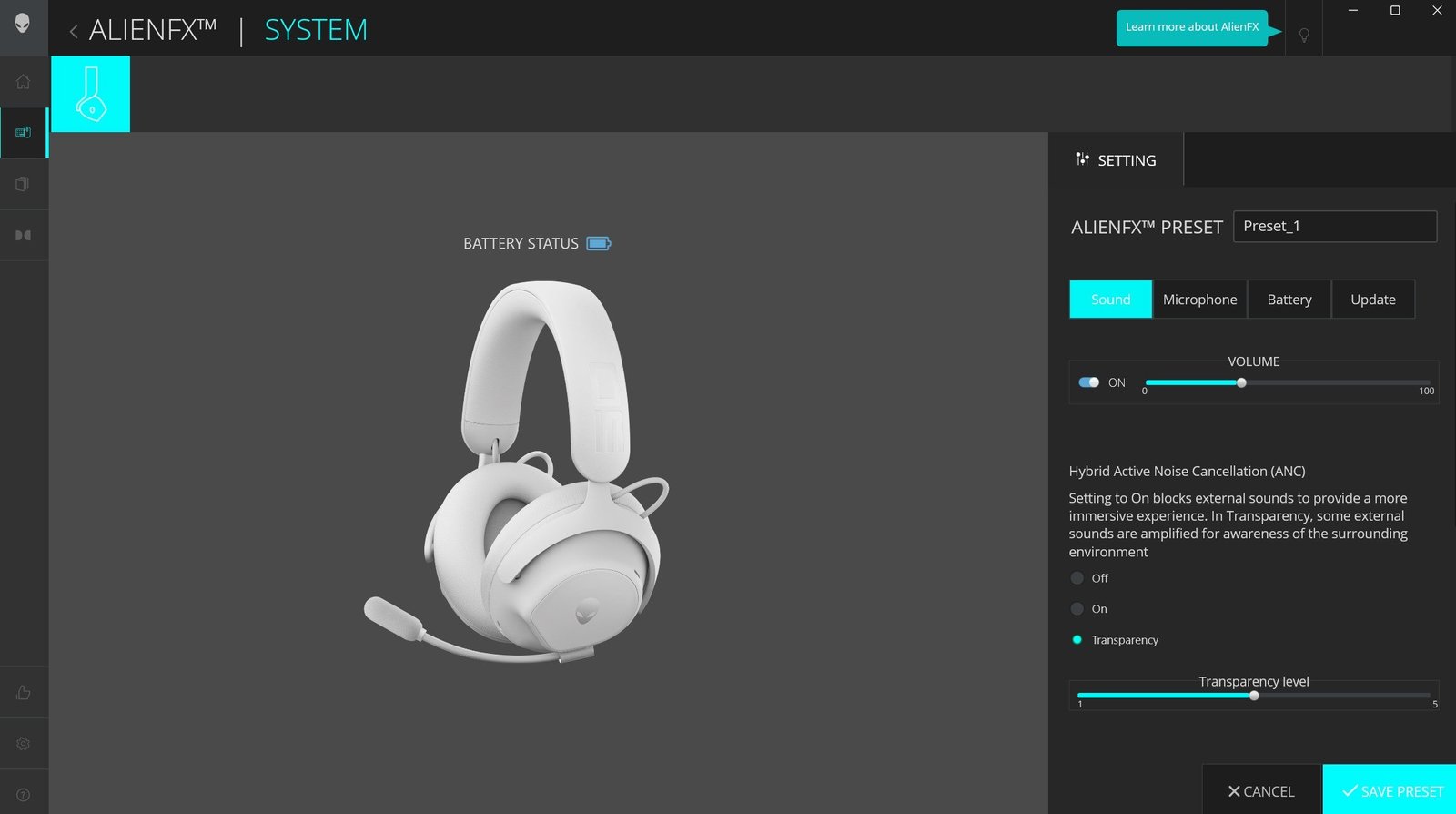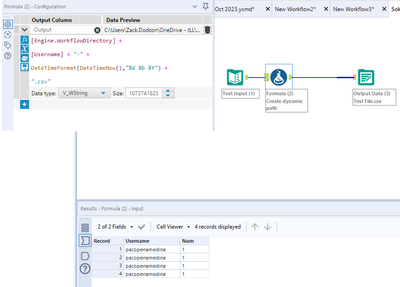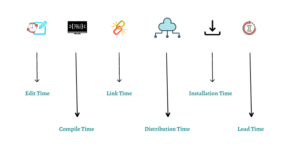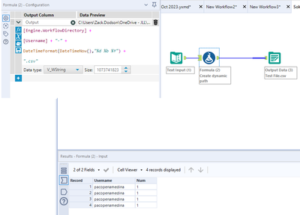Accounting is crucial for small businesses. It ensures financial health and legal compliance.
Choosing the right accounting software can save time and reduce errors. For small businesses, it’s essential to find tools that are user-friendly and cost-effective. With many options available, picking the best one can seem overwhelming. But don’t worry. This guide will help you find the best accounting software tailored to your small business needs.
We will explore different features, pricing plans, and benefits. By the end, you will have a clear idea of which software is the right fit for you. Let’s dive in and simplify your accounting tasks.
Introduction To Accounting Software
Accounting software helps small businesses manage financial transactions. It simplifies tasks like invoicing, payroll, and financial reporting. This software is vital for small business owners. It saves time and reduces errors.
Importance For Small Businesses
Small businesses have limited resources. They need tools that optimize operations. Accounting software is one such tool. It automates financial tasks. This gives business owners more time to focus on growth. It also ensures accuracy in financial records. Errors can lead to costly mistakes.
Accounting software helps in tax preparation. It keeps all financial data in one place. This makes it easy to generate tax reports. Compliance with tax laws becomes simpler. This is crucial for avoiding penalties.
Key Features To Look For
When choosing accounting software, consider these key features:
- Invoicing: Create and send invoices easily.
- Expense Tracking: Record and categorize expenses.
- Financial Reporting: Generate balance sheets, income statements.
- Bank Reconciliation: Match your bank transactions with your records.
- Payroll: Manage employee payments and tax withholdings.
Integration with other software is also important. Look for software that integrates with your existing tools. This includes point of sale systems and e-commerce platforms. Cloud-based solutions offer flexibility. They allow access from anywhere. This is ideal for remote work scenarios.
Security features are crucial. Ensure the software has strong data encryption. This protects sensitive financial information. User-friendly interfaces make the software easier to navigate. This is important for users without an accounting background.
By considering these features, small businesses can choose the best accounting software for their needs.
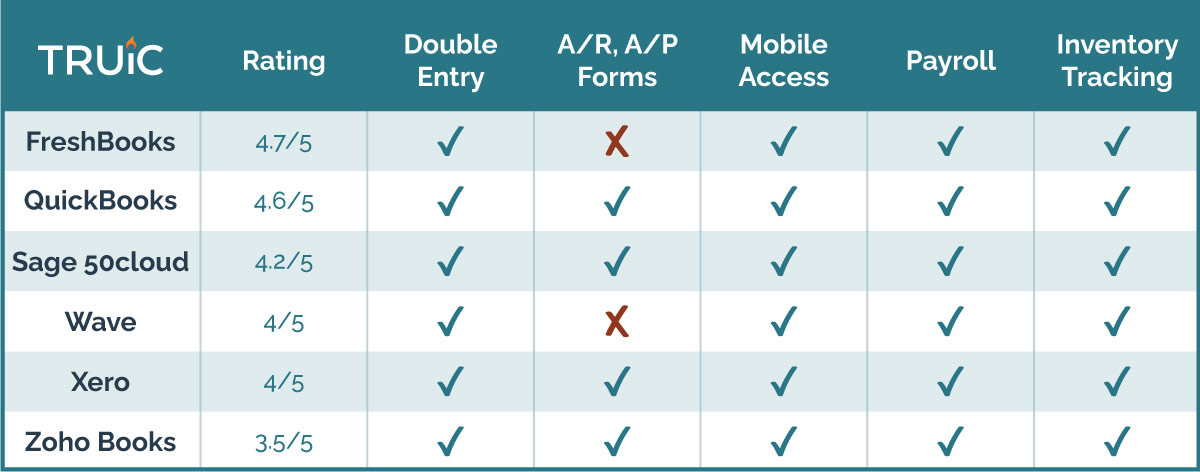
Credit: howtostartanllc.com
Quickbooks Online
QuickBooks Online is a popular accounting software for small businesses. It offers robust features and an intuitive interface. This software helps streamline financial management. Small businesses can track expenses, generate invoices, and manage payroll with ease. Below, we explore the key aspects of QuickBooks Online.
Overview
QuickBooks Online simplifies accounting tasks for small business owners. It is a cloud-based platform, accessible from anywhere. Users can log in from any device with internet access. The software offers different plans to fit various business needs. Each plan includes features like expense tracking, invoicing, and tax calculations. QuickBooks Online integrates with many third-party applications. This makes it a versatile tool for small businesses.
Pros And Cons
Pros:
- User-friendly interface
- Access from any device
- Comprehensive reporting
- Excellent customer support
- Wide range of integrations
Cons:
- Monthly subscription fees
- Occasional software glitches
- Limited features in basic plans
- Learning curve for new users
Xero
Xero is a cloud-based accounting software designed for small businesses. Its user-friendly interface makes managing finances simple. Xero offers tools for invoicing, inventory tracking, and payroll.
Overview
Xero provides a range of features for small business owners. It automates many accounting tasks. This saves time and reduces errors. Users can access their financial data from anywhere. Xero is compatible with both mobile and desktop devices. The software integrates with over 800 third-party apps. This helps users customize their experience.
Pros And Cons
Xero has many advantages. It offers unlimited users. This is helpful for growing teams. The software supports multiple currencies. This makes it ideal for businesses with international clients. Xero also includes a strong security system. This ensures financial data is safe.
There are some drawbacks. Xero can be expensive for very small businesses. Some users find the setup process complex. The software lacks phone support. Users must rely on email or chat for help.
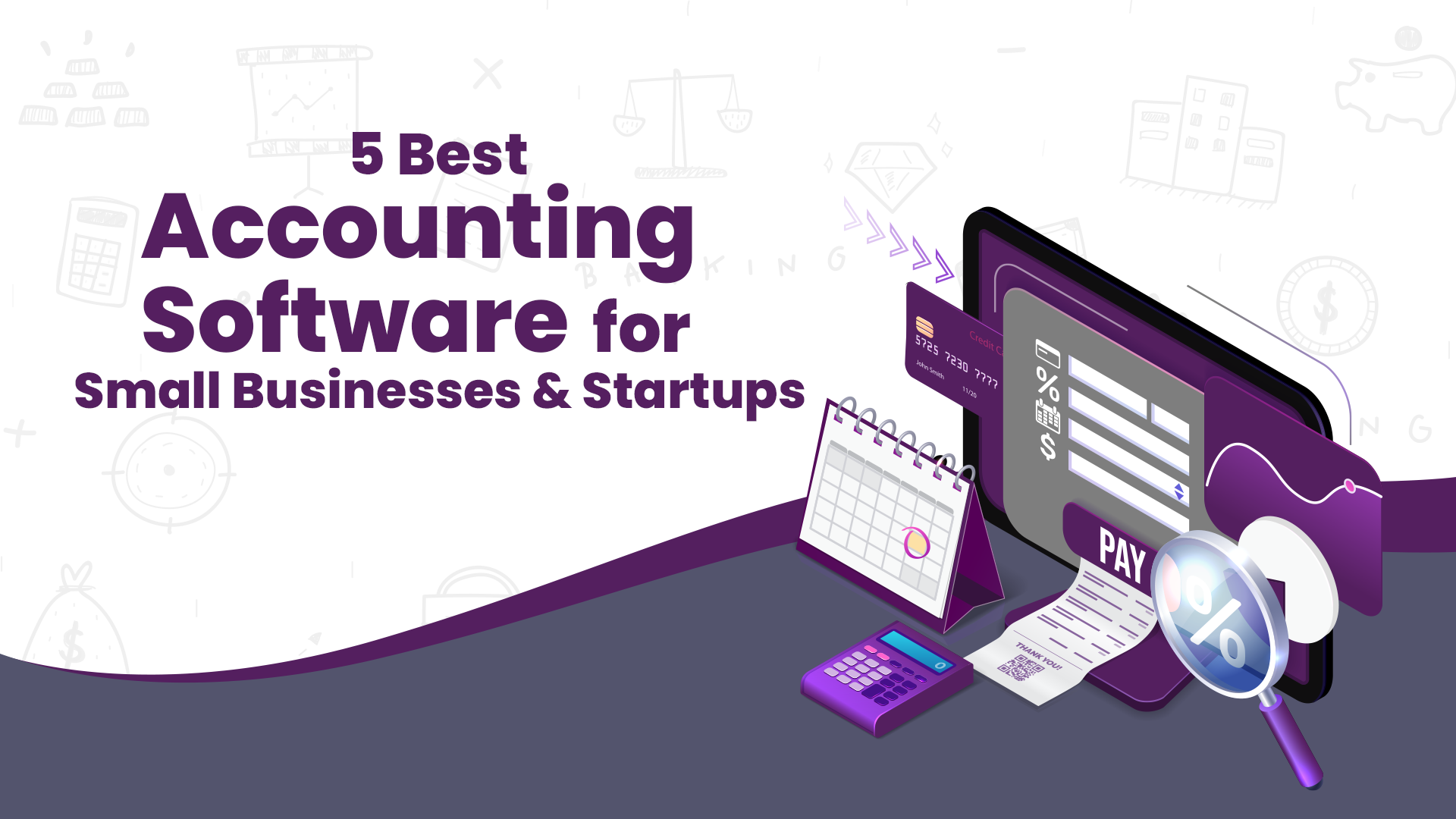
Credit: designshifu.com
Freshbooks
FreshBooks is a popular accounting software designed for small businesses. It offers a range of features to help manage your finances efficiently. Known for its user-friendly interface, FreshBooks simplifies tasks like invoicing, expense tracking, and time management.
Overview
FreshBooks provides a comprehensive suite of tools tailored for small business owners. It supports invoicing, expense tracking, time tracking, and more. The software is cloud-based, ensuring your data is accessible from anywhere.
- Invoicing: Create professional-looking invoices in minutes.
- Expense Tracking: Easily track and categorize expenses.
- Time Tracking: Log hours and bill clients accurately.
- Reports: Generate insightful financial reports.
Pros And Cons
| Pros | Cons |
|---|---|
|
|
FreshBooks stands out for its ease of use and robust features. It is an excellent choice for small businesses looking to streamline their accounting processes.
Zoho Books
Zoho Books is a popular accounting software for small businesses. It offers many features to help manage finances effectively. This software is user-friendly and provides a range of tools. Small business owners find it valuable for tracking expenses, invoicing, and more.
Overview
Zoho Books is part of the Zoho suite of business tools. It is designed to simplify accounting tasks. This software helps with invoicing, expense tracking, and bank reconciliation. Users can also manage projects and timesheets. Zoho Books integrates well with other Zoho apps and third-party services. It is suitable for small businesses in various industries.
Pros And Cons
Zoho Books has many advantages. It is easy to use and navigate. The software offers comprehensive features at an affordable price. It integrates with other Zoho apps and many third-party services. Zoho Books also provides excellent customer support. The mobile app allows users to manage finances on the go.
However, Zoho Books has some limitations. The software may not be suitable for larger businesses. Some users find the initial setup time-consuming. There are also limitations on the number of users and contacts. Despite these cons, Zoho Books remains a solid choice for small businesses.
Wave
Wave is a popular accounting software designed for small businesses. It offers a range of features that are easy to use and understand. Entrepreneurs and small business owners find Wave beneficial for managing their finances without any hassle. Here’s a closer look at what Wave has to offer.
Overview
Wave provides free accounting tools for small businesses. These include invoicing, accounting, and receipt scanning. The software integrates with your bank account, making it easy to track your finances. Wave’s user-friendly interface helps you manage your business effectively. You can access your data from anywhere, thanks to its cloud-based system.
Pros And Cons
| Pros | Cons |
|---|---|
| Free to use | No dedicated customer support |
| User-friendly interface | Limited features compared to paid software |
| Cloud-based | Advanced features require extra fees |
| Integrates with bank accounts | May not suit larger businesses |
Wave has many advantages that small business owners appreciate:
- Free to use: Wave offers essential accounting tools at no cost.
- User-friendly: The interface is simple and easy to navigate.
- Cloud-based: Access your data from anywhere, anytime.
- Integration: Connects seamlessly with your bank account.
Despite its many pros, Wave has some drawbacks:
- No dedicated support: Customer support is limited.
- Limited features: Advanced features are not free.
- Extra fees: Some features require additional payments.
- Not for large businesses: May not meet the needs of larger businesses.
Overall, Wave is a solid choice for small businesses. It offers essential accounting tools without any costs. The user-friendly interface makes it easy to manage finances. However, it may not be suitable for larger businesses or those needing advanced features.
Choosing The Right Software
Choosing the right accounting software is crucial for small businesses. The right tool can save time and reduce errors. It can also help manage finances more efficiently. But how do you choose the best one?
Factors To Consider
When selecting accounting software, consider the following factors:
- Ease of Use: The software should be easy to navigate. Even for those with little accounting knowledge.
- Cost: Small businesses often have tight budgets. Choose software that offers good value for money.
- Features: Look for features that match your business needs. Common features include invoicing, payroll, and tax filing.
- Scalability: The software should grow with your business. It should handle increased transactions and additional users.
- Customer Support: Good customer support can save you time. Choose software with reliable and accessible support options.
Final Recommendations
Based on the factors above, here are some top recommendations:
| Software | Best For | Key Features | Cost |
|---|---|---|---|
| QuickBooks | Overall | Invoicing, payroll, tax filing | Starts at $25/month |
| FreshBooks | Freelancers | Time tracking, invoicing, expenses | Starts at $15/month |
| Xero | Growing Businesses | Bank reconciliation, payroll, reporting | Starts at $20/month |
Each of these options is user-friendly and affordable. They come with features that help manage your finances efficiently.

Credit: www.pcmag.com
Frequently Asked Questions
What Is The Best Accounting Software For Small Businesses?
The best accounting software for small businesses includes QuickBooks, FreshBooks, and Xero. These platforms offer user-friendly interfaces, robust features, and affordable pricing. They help with invoicing, expense tracking, and financial reporting.
How Does Accounting Software Benefit Small Businesses?
Accounting software streamlines financial management for small businesses. It automates tasks, reduces errors, and saves time. It also provides insights into financial health and simplifies tax preparation.
Is Accounting Software Easy To Use For Beginners?
Yes, most accounting software is designed with beginners in mind. They offer intuitive interfaces, step-by-step guides, and customer support. This makes it easy to navigate and manage finances effectively.
Can Accounting Software Help With Tax Preparation?
Absolutely, accounting software simplifies tax preparation. It tracks income, expenses, and generates necessary reports. This ensures accurate tax filing and reduces the risk of errors. Many platforms also integrate with tax software.
Conclusion
Choosing the right accounting software can boost your small business. It simplifies tasks, saves time, and helps manage finances. Evaluate your needs and compare features. Prioritize ease of use and customer support. Affordable options exist to fit any budget. Try free trials to find the best fit.
Remember, the right tool makes a big difference. Start managing your finances better today. Your business will thank you.
